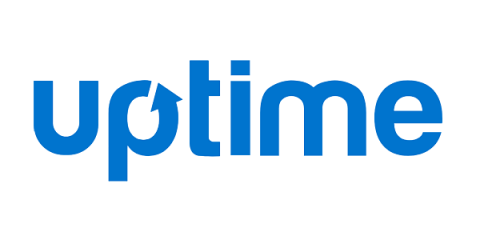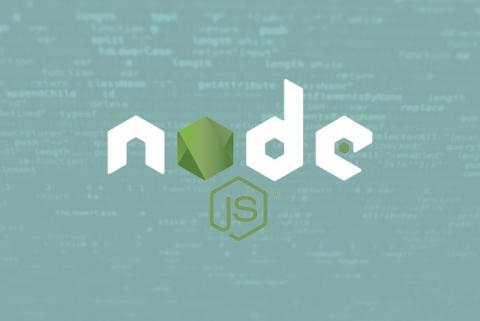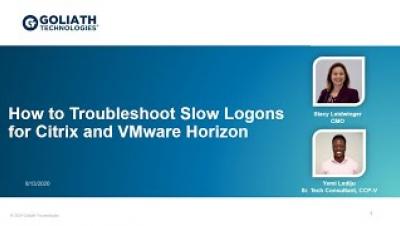Operations | Monitoring | ITSM | DevOps | Cloud
Monitoring
The latest News and Information on Monitoring for Websites, Applications, APIs, Infrastructure, and other technologies.
Calculate the true cost of website downtime
We talk a lot about how website availability affects your business in revenue and brand perception. We throw out statistics, and we give dire warnings, but until you’ve taken the time to do the research, you don’t really know how the numbers affect your business. In this article, we step through the issues associated with downtime, and we show you how to quantify the impact of website downtime on your business’s revenue.
How to Optimize Business Success with Website Monitoring
There’s an old proverb; an inch of time is an inch of gold but you can’t buy that inch of time with an inch of gold. In the landscape of ecommerce we hold true to that proverb, and though you can’t purchase uptime outright, you can guard it with website monitoring. Time equals money but the value of convenience should also be considered. When ease of use returns profits, speed and functionality become primary resources. How can website monitoring improve your user experience?
How MSPs Can Future-Proof Their Business in the Era of Remote Work
The new era of remote work has accelerated the need for businesses to adopt digital transformation strategies faster than ever to ensure their relevance and longevity in the marketplace. As priorities shift in this direction, Managed Service Providers (MSPs) are quickly adapting to better serve their customers. Recently, LogicMonitor commissioned a research study of 500 IT decision-makers around the globe to understand how organizations are evolving in the face of unexpected crises.
Visualizing Azure Logs data with SquaredUp 4.7 New & improved Log Analytics tile
Being able to visualize the logs from your infrastructure is crucial - both for identifying potential issues and identifying opportunities for improving performance and utilization. However, when it comes to SCOM and Azure, monitoring can be a bit confusing. That is why, we at SquaredUp, have made it our mission to help you make sense of all the data being collected with beautiful visualizations and dashboards that can be shared with the rest of your organization and displayed on wallboard monitors.
Cortex, the scalable Prometheus project, has advanced to incubation within CNCF
I’m pleased to report that today, the Cortex project advanced from sandbox to incubation within the Cloud Native Computing Foundation after a vote from CNCF’s Technical Oversight Committee (TOC). The TOC’s decision is a signal that Cortex has stepped up in maturity, attracting not just innovators but also early adopters among enterprises. To achieve incubation, CNCF projects undergo due diligence and have to demonstrate a healthy level of adoption and community activity.
How to monitor Harbor registry with Prometheus metrics
In this blog post, we are going to explain how to monitor Harbor container registry with Prometheus metrics. Harbor is an open-source container registry, originally developed by VMware and now under the CNCF umbrella. Although many of us typically use hosted container registries such as DockerHub, Quay, ECR, GCR, or ACR, when you need a self-hosted registry, Harbor is a great choice. Harbor provides great features such as RBAC, replication, and image scanning.
Network Configuration Manager - One-stop solution for your network configuration management needs.
Node.js Architecture and 12 Best Practices for Node.js Development
Even though only 11 years old, Node.js has emerged to be one of the most popular web development frameworks in the last decade. I’m a big Javascript fanboy, and thanks to Node.js, I can write Javascript code outside the browser to create server-side web applications that are non-blocking, lightweight, fast, robust and scalable.











